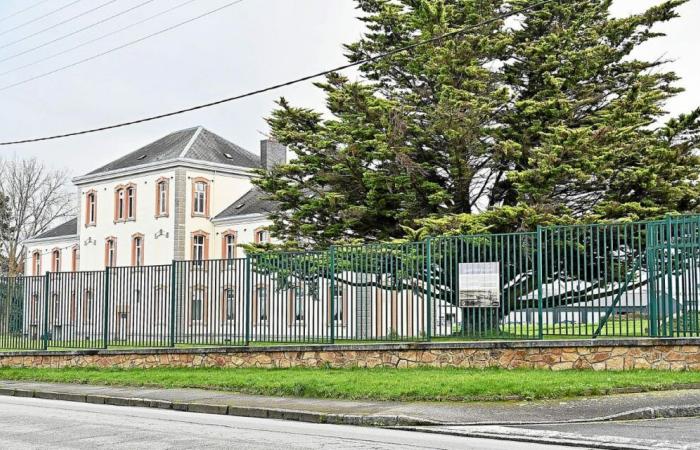
While in Conquet, the gendarmerie brigade had to close its doors because it was so cold in the premises, in Brest, soldiers experienced the opposite situation in their official accommodation. 26°C on average, with peaks at 28.5! In the Buquet district, close to the remand center, the gendarmes' apartments have been experiencing scorching temperatures since the end of October 2024.
The soldiers of the mobile squadron, the Gendarmerie surveillance and intervention platoon (Psig) and the Brest motorized brigade, as well as their families were forced to sleep with the window open. A situation which also concerned gendarmes from the Relecq-Kerhuon and Guipavas brigades.
A boiler out of control
In these buildings dating from the 1970s and poorly insulated, the heating was turned back on at the beginning of October, when the temperature fluctuated between 14.5 and 16.5° in the accommodation, with a humidity level of up to 90%. Suffice to say that the restart was greeted with relief. Short-term comfort. “A few days later, we learned that the heating was going to be cut off due to a leak in the boiler room system,” informs this gendarme’s spouse.
The leak was repaired during the All Saints holidays, and the boiler restarted. But the collective underfloor heating, over which residents have no power to regulate, then went out of control and the thermometer soared. “We had soaring temperatures of 26° and up to 28.5°! “. The squadron’s “real estate affairs” department was alerted. The private company holding the maintenance contract came, in vain! Last Friday, the boiler was still indomitable.
“The problem was resolved this weekend thanks to the intervention of other technicians. We had a heating problem. The connections had been made incorrectly by the service provider, who did not know the machine, and a part had even failed,” sighs, this Monday, December 23, Captain François Salou, commander of the Brest mobile gendarmerie squadron, while passing fingers so that the problem does not happen again.
Migraines, coughs and insomnia
For several weeks, the barracks had to use system D: the boiler which serves all the accommodation was manually cut off when the temperature reached 27°C, then two days later, it was put back into operation when the thermometer fell below 18°C.
These repeated thermal shocks were not without consequences for the health of the residents. “We experienced migraines and difficulty getting to sleep. The children were listless, with coughs and insomnia. There were also respiratory allergies, asthma, and sore throats,” testifies this gendarme companion.
We experienced migraines and difficulty getting to sleep.
Today, if the problem seems to have been resolved, military families are wondering about the amount of the bill to come, when they will be called upon to regularize their charges, as is the case every two or three years.





